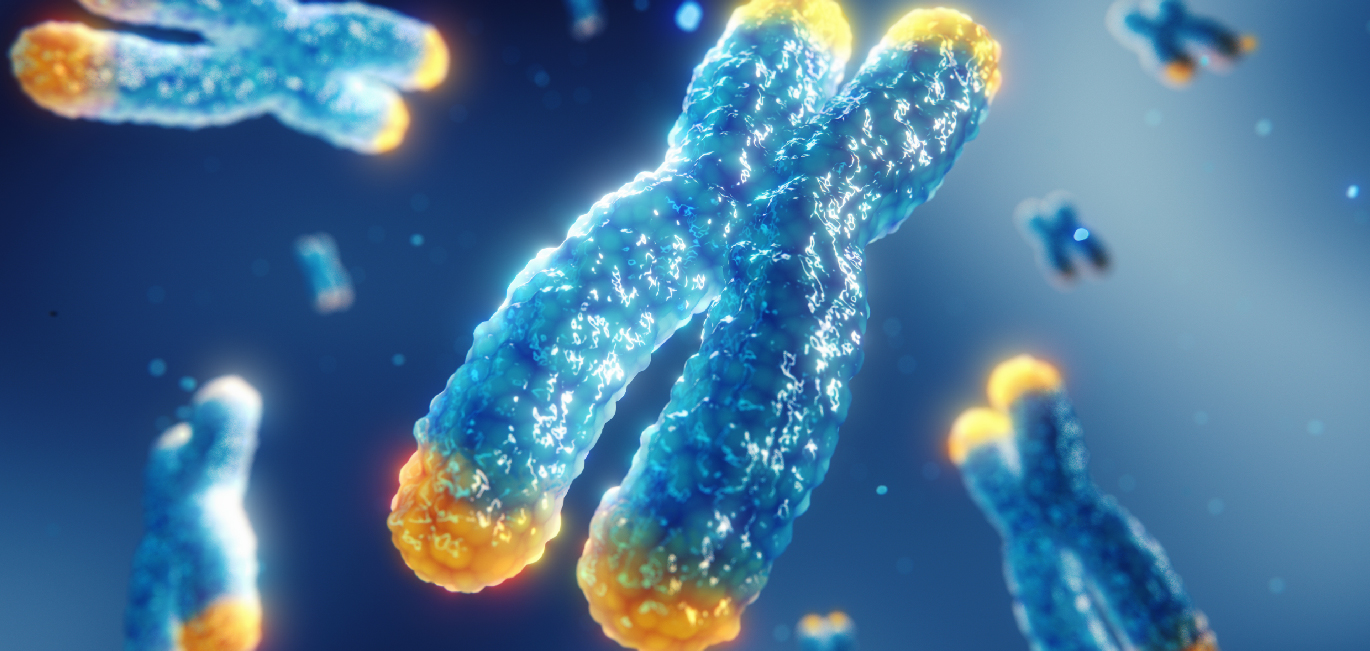
A study published in PLOS Biology on 22 March reveals yet another link between DNA-related changes and the risk of developing Alzheimer’s disease (AD).
Researchers from the University of Oxford found that short telomeres indicate a higher risk of developing neurodegenerative conditions like AD. Telomeres are located at the end of chromosomes, acting like protective caps for the chromosomes of DNA, and are considered a biological marker for ageing.
“We found associations between telomere length and multiple aspects of brain structure which may explain why individuals with longer telomeres a lower risk of dementia has,” the authors said in a statement.
The researchers found that people with longer telomeres have better brain health than those with shorter ones. Longer telomeres were associated with a large volume of grey matter, larger hippocampus (region related to memory), and thick brain layer.
They used MRI scanning methods to analyse the length of telomeres in 31,000 individuals in the age group of40-69 years based on gender and lifestyle habits.
An earlier study associated ageing with telomere dysfunction and shortening, which escalates several health conditions. However, the underlying mechanisms remained unclear. The present study shows that the link lies in the telomere length.
“Previous studies have found a link between longer telomeres and protection against dementia and other neurodegenerative disorders,” Dr Anya Topiwala, a senior clinical researcher at the University of Oxford, UK, told Happiest Health. The associations they found with the structural changes in the brain could explain these protective effects, she added.
Telomere length reduces due to stress, lifestyle factors and ageing. People with short telomeres have poor brain health, which progressively increases in neurodegenerative conditions.
Read more : Genes at play: uncovering the link between DNA changes and Alzheimer’s
The protective ‘caps’
A telomere is a single strand of hanging DNA at the end of a chromosome and acts like an end-cap. Telomeres form when cells divide, and the DNA replicates. In a 2021 study, Alexander Vaiserman explained that as one ages, chromosomes reduce in size, and a small portion of DNA from the telomere is lost. With each cycle of cell division and DNA replication, the telomere becomes shorter, and the ageing process begins.
Dr Topiwala believes that the results of this study could help in understanding the mechanism behind dementia and identifying novel targets for therapeutics.


















2 Responses
Very informative, especially the reasons provided for shorter telomere is useful.
Dear Shribhagawan,
Thank you for your positive feedback. We are glad you found the article informative and useful.